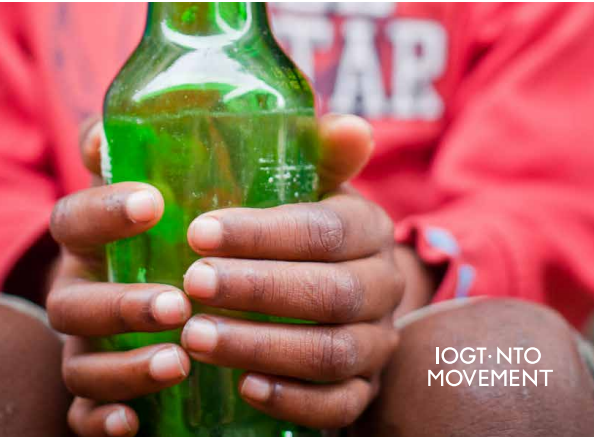Alcohol consumption is on the rise in many developing countries. Alcohol-related problems hamper development in many ways, and NGOs and institutions working within the development sector – as well as the developing world – would benefit greatly from addressing the issue in a better and more structured manner.
Alcohol is an obstacle to development and a crosscutting, harmful factor in many areas of life. Alcohol causes massive health problems and is a factor in gender-based violence and the spread of HIV. The list goes on. A majority of the 17 Sustainable Development Goals are in one way or another affected by alcohol.
Globally, alcohol is the fifth biggest risk factor behind premature death, illness and injury. Annually, 3.3 million people die because of alcohol. The social costs amount to hundreds of millions of dollars every year. The industrialisation of production and the globalisation of marketing of alcohol contribute to increasing consumption as well as to an increase in harms related to alcohol.
Even though alcohol causes harm in all corners of the world, the negative effects of alcohol are disproportionally larger in lower and lower-middle-income countries. People living in poverty are worse affected, with the disease burden per unit of alcohol consumption being larger than in high-income populations.
Perhaps you represent a donor organisation orare involved in development projects closer to target communities. This course aims to provide you with:
• Knowledge about how and why alcohol can have an adverse effect on development.
• Tools for your organisation to analyse the situation in your projects: Is alcohol a limiting or damaging factor, if so how?
• Tools for developing strategies to minimise the negative effects of alcohol in your projects and project areas.
• Tools for advocacy work towards local or national government in developing effective policy and prevention interventions.


